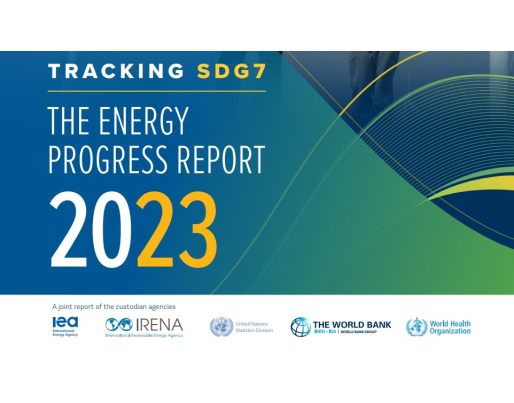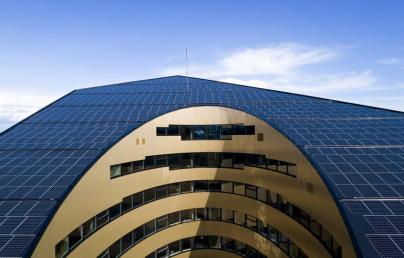
Energy access still critical: new report highlights SDG 7 shortfalls

Energy access still critical: new report highlights SDG 7 shortfalls
Tracking SDG 7 The Energy Progress Report highlights the need for concrete measures in sustainable energy access
The new "Tracking SDG 7: The Energy Progress Report" jointly produced by IRENA, IEA, UNSD, World Bank, and WHO highlights the world's lack of progress in achieving Sustainable Development Goal (SDG) 7, which focuses on ensuring access to affordable, reliable, and sustainable energy for all.
Despite some gains in renewable energy deployment, the report reveals significant gaps in energy access, clean cooking, and energy efficiency. Key findings indicate that 675 million people worldwide in 2021 still lacked electricity, with over 80% residing in Sub-Saharan Africa. Additionally, 2.3 billion people lack access to clean cooking fuels, primarily in sub-Saharan Africa and Asia. Without accelerated efforts, projections suggest that 660 million people will still lack electricity and 1.9 billion people will rely on polluting fuels for cooking by 2030.
While renewable energy deployment has increased, current progress falls short. Further acceleration is necessary, especially in heat and transport sectors.
To achieve SDG 7 by 2030, the report underscores the need for stronger and more practical commitments to bridge energy access gaps, a transformative shift in the global energy system, and increased international cooperation and financing to support the energy transition.
Tracking_SDG7_energy_progress_2023.pdf
English (31.06 MB - PDF)
